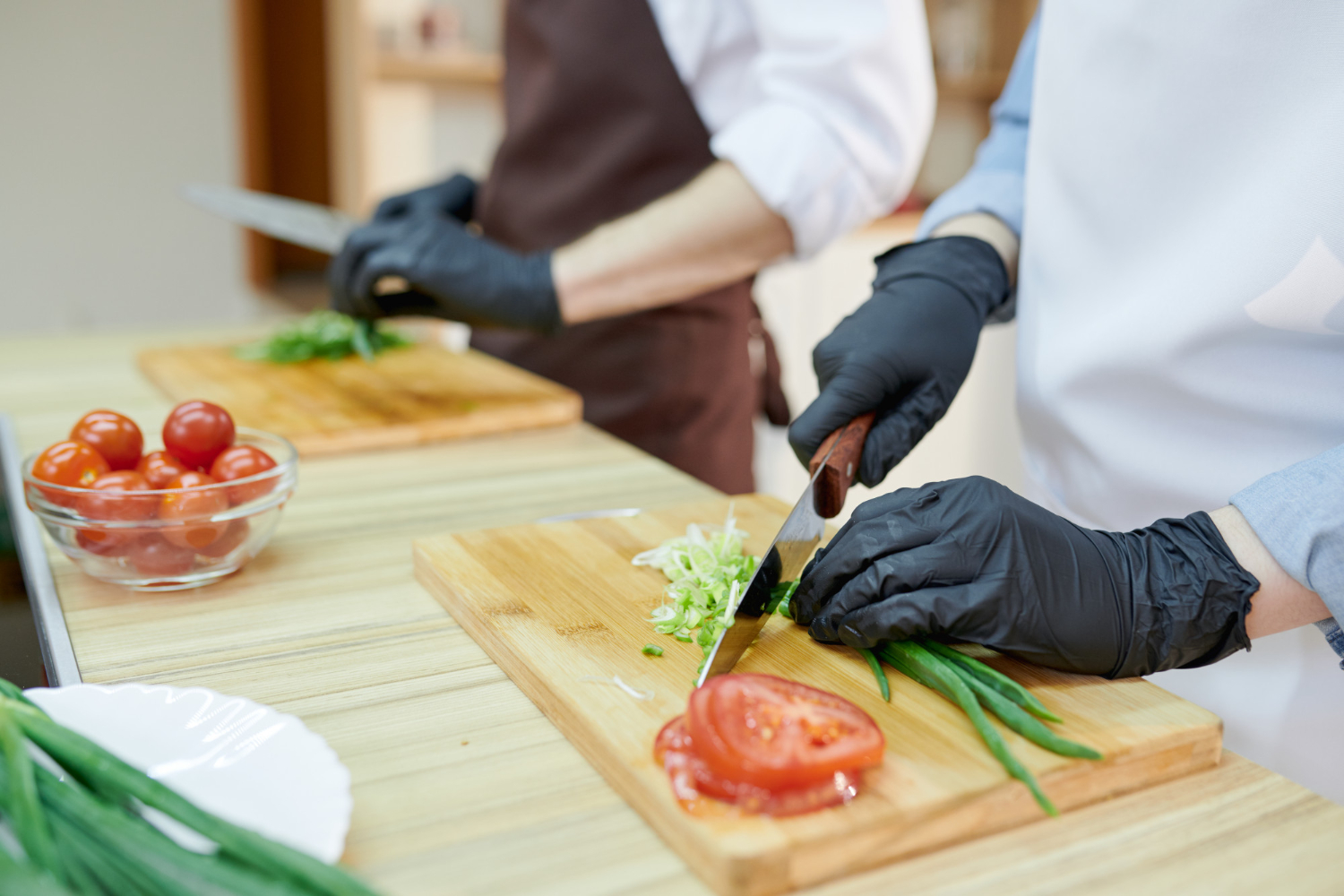How Food Handlers Can Prevent Foodborne Illness
Foodborne illnesses affect millions of people each year and can lead to serious health issues. As a food handler, you play a crucial role in ensuring that food is prepared, stored, and served safely. By following best practices, you can prevent contamination and protect customers from harmful bacteria and viruses. Here are some essential steps food handlers should take to prevent foodborne illness.
- Maintain Proper Hand Hygiene
One of the most effective ways to prevent foodborne illness is proper handwashing. Food handlers should wash their hands:
- Before preparing food
- After handling raw meat, poultry, or seafood
- After using the restroom
- After touching garbage or dirty surfaces
- After coughing, sneezing, or touching their face
Use warm water and soap, scrubbing for at least 20 seconds, and dry hands with a clean paper towel.
- Avoid Cross-Contamination
Cross-contamination occurs when harmful bacteria transfer from one food item to another. To prevent this:
- Use separate cutting boards for raw meats and fresh produce.
- Store raw meats on the bottom shelf of the refrigerator to prevent drips onto other foods.
- Clean and sanitize surfaces, utensils, and equipment after handling raw ingredients.
- Use disposable gloves when necessary and change them frequently.
- Cook Food to Safe Temperatures
Cooking food to the correct internal temperature ensures that harmful bacteria are destroyed. Use a food thermometer and follow these guidelines:
- Poultry: 165°F (74°C)
- Ground meats: 160°F (71°C)
- Steaks, roasts, fish: 145°F (63°C)
- Leftovers: Reheat to 165°F (74°C)
Avoid guessing and always check temperatures before serving food.
- Store Food Correctly
Improper storage can lead to bacterial growth and food spoilage. Follow these storage tips:
- Keep refrigerators at or below 40°F (4°C) and freezers at 0°F (-18°C).
- Label and date all perishable foods to track freshness.
- Store dry goods in cool, dry areas to prevent mold and pests.
- Use the “first in, first out” (FIFO) method to ensure older items are used before newer ones.
- Follow Personal Hygiene PracticesFood handlers must maintain good personal hygiene to prevent contamination:
- Wear clean uniforms, aprons, and hairnets.
- Keep fingernails short and clean.
- Avoid wearing jewelry that can trap bacteria.
- Stay home if you are sick, especially if experiencing symptoms like vomiting, diarrhea, or fever.
- Clean and Sanitize Regularly
A clean kitchen is essential for food safety. Follow these cleaning and sanitizing guidelines:
- Wash dishes, utensils, and cutting boards with hot, soapy water.
- Sanitize countertops and work surfaces regularly.
- Empty trash bins frequently and keep them covered.
- Clean spills immediately to prevent bacteria from spreading.
- Stay Educated on Food Safety
Ongoing food safety training is crucial for food handlers. Stay informed by:
- Attending regular food safety training sessions.
- Keeping up with health department regulations and updates.
- Earning food safety certifications, such as HACCP, ServSafe.
Conclusion
Foodborne illnesses are preventable when food handlers follow proper hygiene, cooking, and storage practices. By maintaining cleanliness, preventing cross-contamination, and staying informed about food safety regulations, you can ensure a safe dining experience for everyone. Prioritizing food safety not only protects customers but also enhances the reputation of your establishment.
By implementing these best practices, food handlers can create a safe and healthy food environment for all.


